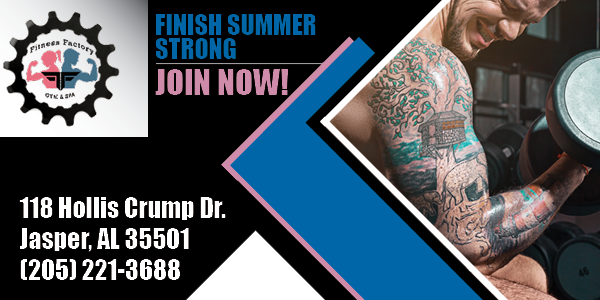The email came yesterday evening. The guy was from Baltimore.
“Dear Sean, you’re a [expletive] idiot. I have been so put off by your ‘spiritual’ commentary. I am an atheist, I do not believe in God…”
So I went and got another beer before continuing.
“…Your God is [another expletive] dork. God cannot be good and all-powerful at the same time. Because if he were, there would be no disease, tornadoes, starvation, mass shootings, genocides, murders, or suffering.
“He cannot be omnipotent and concomitantly allow evil, you can’t have it both ways… There was recently a mass hooting in Kentucky, where was your God then?
“…Sorry Sean, I’d like to believe in a Higher Power, but my heart and brain both say ‘Hell no.’”
Dear Friend,
I’m no theologian. I’m not even much of a church guy, either. Religious? No. Not unless it’s a pennant race. I’m more of a Pabst Blue Ribbon enthusiast.
Moreover, you’ve written to an uneducated man. I had to look up the word “concomitantly.” I’m still not sure how to use this word.
Namely, because I’m not a smart man. My grade school teachers called me “slow.” Other adults called me “challenged.” But as it happens, I’m neither slow nor challenged, I just have slydexia.
So I am not exactly the guy you should be approaching with this kind of high-minded email. I can already tell you’re much sharper than I am. Any response I make will make me look like a complete expletive.
There is, however, one thing I do know.
I once met a woman from Illinois who was born blind and deaf. Just like Helen Keller.
I’d like to tell you about her. She was remarkable. You would have liked her.
The percentage of deaf-blind cases in America is low. You’re looking at a population of about 11,000 in the U.S.
Moreover, 90 percent of deaf-blind people also have medical, physical, or cognitive disabilities. Back in the olden days, many parents put deaf-blind children up for adoption. Lots of kids were sent off to state facilities until someone adopted them. Which—surprise—people rarely did.
That’s what happened to this deaf-blind girl. As a kid, she was tossed around. She didn’t learn how to truly communicate with other humans until she was in her late teens.
Take a moment and think about that.
Her life was a long, arduous road. For her first half of her existence, she had no concept of our world. She lived in a world of ink darkness and perpetual silence. She did not know, for example, who her caregivers were. Heck, for that matter, she only had a vague idea of what PEOPLE were.
When she was 15, she got adopted by a woman.
The woman who adopted the girl was a committed woman who deeply—and I mean DEEPLY—loved this child. She fed the girl, clothed her, took care of her.
The girl still had no real idea what was going on. She didn’t know she’d been adopted. Neither did she know this human was her new mother.
She had no word for “mother.” And even if she did, this word would have had no definite meaning since the girl didn’t know what words were.
Are you still with me? What I’m telling you is that this deaf-blind girl knew nobody. She was completely isolated, inside her own head.
When the deaf-blind girl grew older, and began learning to communicate, do you know the first word she learned? Her first word was “Mama.” She was 17 years old.
This word was spelled in her palm by a teacher’s fingers, Anne Sullivan style. “Mama.” Four letters.
The name itself has no real meaning. Names and labels have never had any meaning on their own. Names and words only represent ideas. And the idea of “Mama” is, simply put, love.
To the girl, Mama was the loving institution that fed her—sometimes placing the food directly into her mouth.
Mama was the unknown creature who cleaned up the girl’s bathroom accidents when the girl soiled and urinated all over herself.
Mama was the one who carried the teenage girl to bed each night, even though she was heavy to lift.
Mama was the one who kissed her daughter’s little face and said, “I love you,” while pressing her own voicebox against the girl’s forehead so the vibrations could be felt by the child.
Mama was the one who provided for this kid. Who fixed her hair. Who held her hand and trained her to walk. Who, against all odds, made this child one of the unforgotten. Mama was the woman who saved this child’s life.
Now I ask you. Do you think this child’s dedicated mother would have cared whether her deaf-blind daughter “believed” in her?
Hell no.
Concomitantly yours,
—Sean Dietrich




